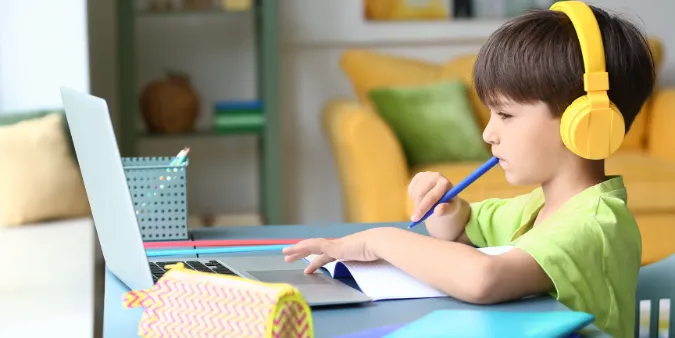
Rethinking ADHD: The Misunderstood Symptoms of ADHD in Teen Boys
Going Beyond the Surface: The Overlooked Facets of ADHD in Teen Boys
Estimated Read Time: ~6 min
Teen boys are diagnosed with ADHD at significantly higher rates than girls—often because their symptoms are loud, visible, and disruptive. But behind those obvious behaviors lies a web of more subtle challenges that often go unnoticed, quietly affecting their emotional and social life.
The Underrecognized Symptoms of ADHD in Teen Boys
1. Emotional Oversensitivity & Rejection Sensitivity Dysphoria
More than impulsivity or fidgeting, many teen boys with ADHD experience intense emotional pain from perceived criticism or exclusion—even when none is intended. This can lead to overreactions, social withdrawal, or dramatic mood shifts.
2. Escaping into Screens
Excessive gaming or screen time can be more than a pastime—it might be a coping mechanism. Video games offer immediate rewards, structure, and escape from overwhelming social or academic situations.
3. Social Missteps
Acting before thinking isn’t just about impulsivity—it also disrupts social flow. Missing social cues, interrupting conversations, or seeming disinterested can create misinterpretations, leading peers to label them as rude or disengaged.
4. Reckless Behavior as Emotion Regulation
Speeding, defiance, or seeking thrills can stem from more than teenage bravado. These behaviors often emerge when boys with ADHD struggle with emotional regulation and impulsivity combined with hormonal changes.
Strategies to Support Them—Without Judgment
Seek Out Real Role Models
Find mentors—ideally those with ADHD themselves—who can show teen boys that it’s possible to channel their traits into strengths. Representation matters: seeing someone “like me” succeed can be incredibly empowering.
Collaborate on Boundaries with Clarity
Avoid vague rules like "stop gaming more." Instead, co-create specific, reasonable limits that empower rather than punish—something like, “Homework first, then an hour of Fortnite.”
Teach Social Awareness, Gently
Use role-playing or video modeling—not as lectures but as low-pressure ways to practice social interactions, waiting turns, picking up cues, and maintaining conversation flow.
Redirect Risk-Taking Into Positive Outlets
Channel impulsivity into structured activities like martial arts, skateboarding, or outdoor adventures. These can fulfill their need for excitement while still giving them boundaries.
Why This Matters
ADHD isn't just about attention—it's a lens through which teens experience the world. When we address only what’s loud and visible, we miss the nuanced struggles that weigh most heavily on their emotional well-being.
By shining a light on the subtle, less-discussed symptoms of ADHD—and pairing awareness with real-world strategies—we can help teen boys feel seen, understood, and supported.
Let me know if you’d like to explore deeper into any of these areas—such as how to approach gaming limits collaboratively, or ways of role modeling in mentoring relationships!